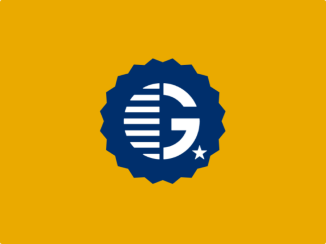architecture

- 31-Jul-2015
There and Back Again: Magija Beograda
It's summer in Belgrade, and this is a very good thing. I’ve always felt summer improves everything: moods, physiques, food.Read More ⇾

- 08-Jul-2013
An introduction to the frustrations of Russian language
All together, my trip from Jersey’s suburbs to St. Petersburg, Russia amounted to approximately 15 hours of travel. Partially theRead More ⇾



